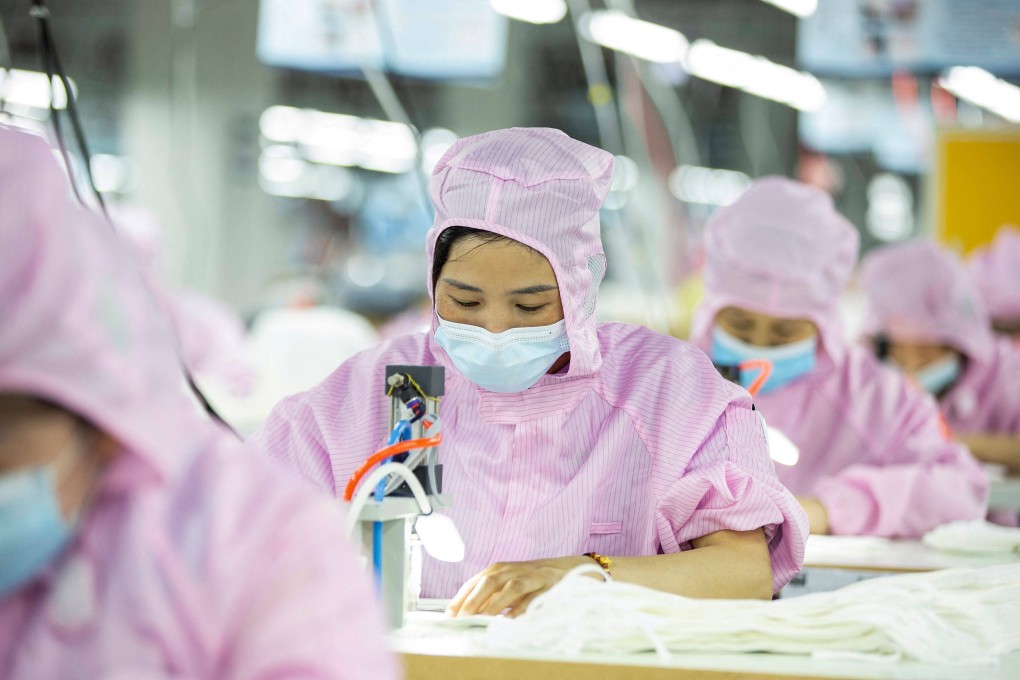Advertisement
Macroscope | As globalisation enters a new phase, companies and consumers will pay the price
- In addition to electoral pressure in developed countries for jobs to be brought back home, supply chain disruptions and geopolitical risks mean globalisation is evolving
- As companies seek to diversify supply chains, profits may well decline while consumers can expect to pay higher prices
Reading Time:3 minutes
Why you can trust SCMP
3

Decades of globalisation have brought more affordable products to Western consumers, while leading to rapid earnings growth for multinational companies. Globalisation has also helped lift hundreds of millions of people in developing economies out of poverty, and narrowed the income gap between developed and emerging markets.
Advertisement
However, there is growing concern that this trend will come to an end soon, or even reverse. Perhaps, expecting the world to “deglobalise” is too simplistic; instead, globalisation may take a different turn that could impact economic development around the world and influence the long-term inflation environment.
There are multiple factors challenging the progress of globalisation. Growing income inequality in developed economies, such as the United States and Europe, has prompted voters to call on their elected officials to protect domestic jobs, and encourage companies to bring back jobs that have been outsourced. The US-China trade war, started during the Trump administration, is a good example of such a response.
Then there are concerns around supply chains. Decades of development meant that global supply chains, whether in electronics, automobiles or other consumer products, have become very efficient, but also rigid and fragile. This has again been brought into focus with the significant disruptions during the Covid-19 pandemic.
For example, car manufacturers have had to exclude certain electronic features in new vehicles because of the semiconductor shortage. Manufacturers have to reconsider their manufacturing processes and production locations, moving from “just-in-time” to “just-in-case”.
Advertisement
The conflict between Russia and Ukraine has also reinforced the link between geopolitical relationships and economic ties. The sanctions against Russia suggest that businesses will need to consider geopolitical risks when planning expansions, whether to set up a new production line or enter a new market. The rivalry between the US and China is very much part of this conversation.

Advertisement
